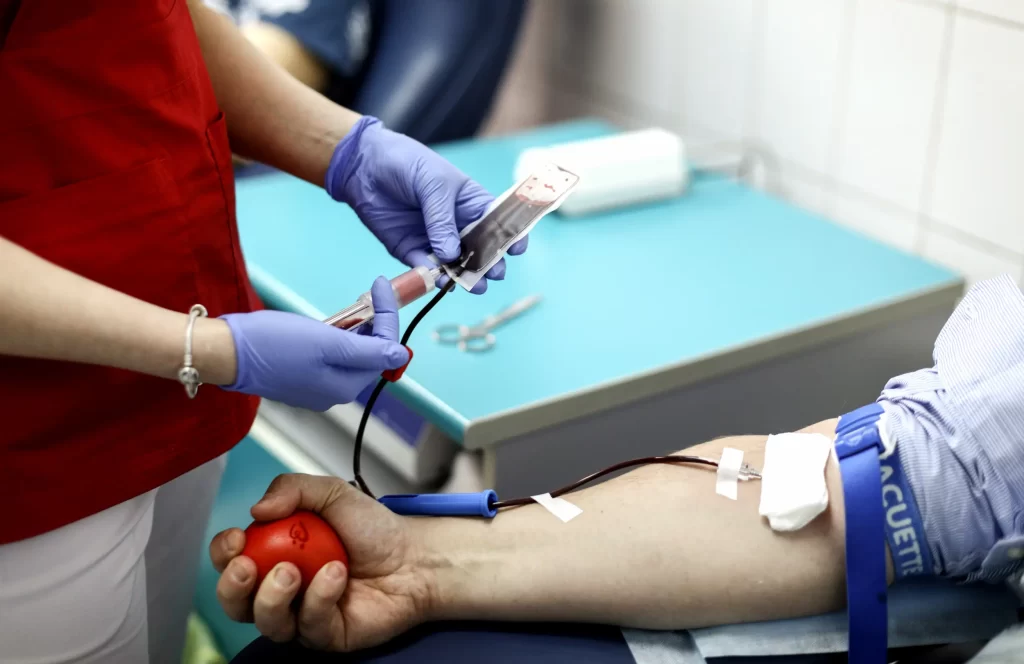BOSTON, April 3, 2020— The Fenway Institute today commends the U.S. Food and Drug Administration (FDA) for issuing new guidance reducing the blood donation deferral period for men who have sex with men (MSM) from 12 months to three. The new guidance was one of four recommendations for blood donation announced today to increase the nation’s blood supply, which has reached dangerously low levels during the COVID-19 pandemic.
“Each and every one of us has important contributions to make in this crisis, and that includes donating blood,” said Sean Cahill, Director of Health Policy Research at The Fenway Institute. “As we adapt to meet the critical needs of our health care system during this public health emergency, we must be guided by science and research. It has been clear for years now that most gay and bisexual men can safely donate blood. This is a welcome step in the right direction.”
The new FDA guidance recommends that blood collection agencies update screening protocols so that blood can be collected from a man who has not had sex with another man in the prior three months. Since 2015, the deferral period has been 12 months. Prior to that, MSM were not permitted to donate at all based on a prohibition put in place in 1983 to keep HIV out of the nation’s blood supply.
Advanced nucleic acid testing for HIV, Hepatitis B, and Hepatitis C can detect each of these viruses well within a three-month period following initial infection. Such testing of the nation’s blood supply is routine and has resulted in an estimated residual risk of viral infection to about one in 1.47 million transfusions. There have been no transmissions of HIV via blood donation in at least 20 years.
“This move protects the nation’s blood supply in two ways. The first is by making decisions based on science and epidemiological research. We know that other countries such as Canada and the United Kingdom that moved to three-month donation deferral periods for MSM have not encountered any safety issues,” said Cahill, who testified in front of the FDA’s Advisory Committee on Blood Safety and Availability in June 2010 in support of a change in the blood donation policy. “The second way this protects the country’s blood supply is by expanding the pool of people who can donate and begin to increase supply. Gay and bisexual men want to contribute in this public health emergency just like everyone else. Now some of us can.”
Additionally, the new guidance reduces the recommended blood donation deferral period from 12 months to three months for people who have received tattoos or piercings. It also reduces the recommended blood donation deferral period from “indefinitely” to three months for people who inject drugs or exchange sex for money. The new guidance explains, in part, that “aligning many of the deferrals to asking about a 3-month period, donor recall of events will be enhanced, and this could potentially enhance the safety of the blood supply.”


